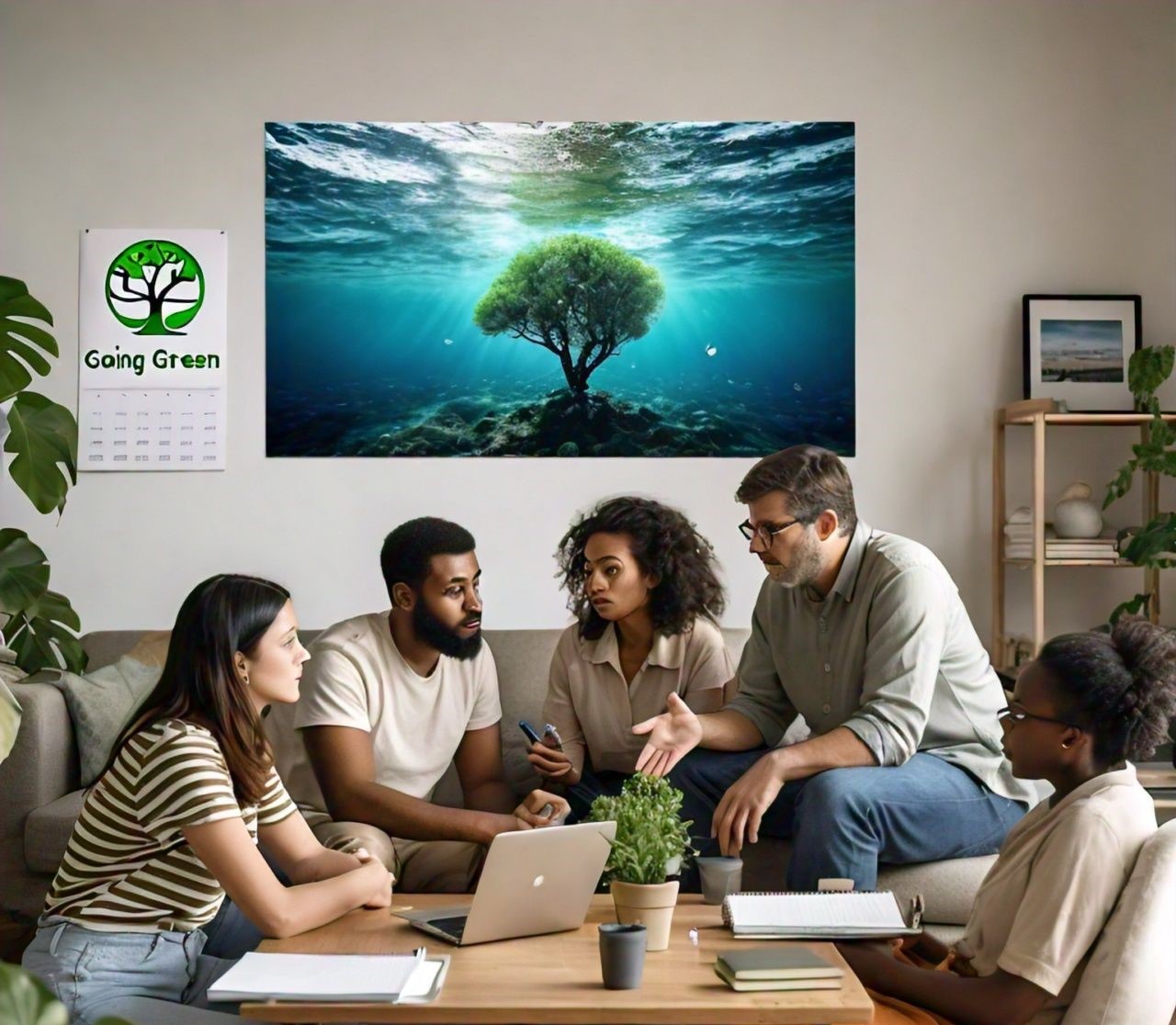Unplugging to Reconnect with Life Offline Leave a comment
Unplugging to Reconnect with Life Offline
In today’s hyper-connected world it’s easy to become surprised by the endless presence of digital devices and social media. While technology has undoubtedly brought convenience and efficiency into our lives it has also created a barrier between us and the real world. The constant barrage of notifications, emails and social media updates can leave us feeling stressed, distracted and disconnected from the people and activities that truly matter. To correct this many people are now embracing the concept of “unplugging” – intentionally stepping away from their digital devices to reconnect with life offline. In this article, we will explore the benefits of unplugging, practical tips for doing so and how to find balance in a digital world.
The Need for Unplugging
Digital Overload
The average person spends nearly seven hours a day on digital devices. This constant engagement with screens can lead to digital overload where individuals feel mentally stress and physically strained due to much long screen time. Symptoms of digital overload include eye strain, headaches, disrupted sleep patterns and decreased attention spans.
Social Media and Mental Health
While social media platforms are designed to connect us they often have the opposite effect. Research has shown that excessive use of social media can lead to feelings of loneliness, anxiety and depression. The choice nature of social media feeds can create unrealistic expectations and promote a sense of inadequacy as individuals compare their lives to the seemingly perfect lives drawn online. This constant comparison can destroy self-esteem and contribute to mental health issues.
Benefits of Unplugging
Improved Mental Health
Unplugging from digital devices can have a profound impact on mental health. By reducing exposure to the stressors associated with constant connectivity individuals can experience lower levels of anxiety and depression. Taking regular breaks from screens allows the brain to rest and recharge leading to increased clarity and focus.
Enhanced Relationships
One of the most significant benefits of unplugging is the potential to enhance personal relationships. Without the distraction of digital devices individuals can engage in more meaningful conversations and spend quality time with loved ones. This face-to-face interaction helps to strengthen emotional bonds and destroy a deeper sense of connection.
Increased Productivity
Paradoxically stepping away from digital devices can lead to increased productivity. Without the constant interruption of notifications and emails individuals can focus more effectively on tasks at hand. This continuous time allows for deeper concentration and better quality work ultimately leading to greater efficiency.
Greater Mindfulness
Unplugging encourages mindfulness – the practice of being present in the moment. By disconnecting from the digital world individuals can fully engage with their surroundings and appreciate the simple pleasures of life. This heightened awareness can lead to a greater sense of fulfillment and pleasure.
Practical Tips for Unplugging
Set Boundaries
Creating clear boundaries around digital device usage is necessary for successful unplugging. Designate specific times of the day to check emails and social media and avoid using devices during meals or before bedtime. Setting these boundaries helps to create a healthy balance between online and offline activities.
Create Tech-Free Zones
Establishing tech-free zones in your home can reduce the temptation to reach for your phone or tablet. Consider designating areas such as the dining room, bedroom and living room as tech-free zones. This encourages more meaningful interactions and helps to create a peaceful environment conducive to relaxation and sleep.
Practice Digital Detox
A digital detox involves taking an extended break from all digital devices. This could be for a few hours, a day, a weekend or even longer. During this time focus on engaging in offline activities that bring joy and fulfillment. Whether it’s reading a book, going for a hike or spending time with family, a digital detox can provide a much-needed reset for the mind and body.
Use Technology Mindfully
While completely disconnecting from technology may not be possible for everyone by using technology mindfully can help soothe its negative effects. Be intentional about the apps and websites you use and limit time spent on activities that do not add value to your life. Consider using apps that promote mindfulness and well-being such as meditation guides or digital wellness trackers.
Engage in Offline Hobbies
Pursuing hobbies and activities that do not involve screens is a great way to unplug and reconnect with life offline. Whether it’s gardening, playing a musical instrument, cooking or painting and engaging in creative and fulfilling activities can provide a sense of achievement and joy.
Finding Balance in a Digital World
Embrace JOMO (Joy of Missing Out)
In contrast to FOMO (Fear of Missing Out), JOMO (Joy of Missing Out) is about finding happiness in being present and content with what you are doing regardless of what others are doing online. Embracing JOMO means valuing real-life experiences over digital ones and finding satisfaction in your own company or in the company of loved ones.
Reconnect with Nature
Spending time in nature is a powerful way to disconnect from the digital world and reconnect with yourself and the environment. Whether it’s a walk in the park, a hike in the mountains or a day at the beach and immersing yourself in natural surroundings can reduce stress, improve mood and promote overall well-being.
Cultivate Meaningful Connections
Prioritize building and caring meaningful connections with friends and family. Schedule regular meet-ups, phone calls or video chats with loved ones to stay connected. Engaging in deep & meaningful conversations can strengthen relationships as well as provide a sense of belonging and support.
Practice Gratitude
Taking time to reflect on and appreciate the positive aspects of life can shift focus away from digital distractions. Keeping a gratitude journal or simply acknowledging things you are thankful for each day can cultivate a positive mindset and enhance overall well-being.
Conclusion
Unplugging to reconnect with life offline is a powerful antidote to the digital overload that so many of us experience. By setting boundaries, creating tech-free zones, practicing digital detoxes, using technology mindfully and engaging in offline hobbies, we can reclaim our time and attention. Embracing the Joy of Missing Out, reconnecting with nature, cultivating meaningful connections, and practicing gratitude can further enrich our lives. Ultimately, finding a healthy balance in a digital world allows us to live more fully and authentically, fostering a deeper connection with ourselves, our loved ones and the world around us

Micheal Clark, an expert in lifestyle, brings extensive expertise and experience to his writing. As a celebrated author, he offers readers insightful perspectives on living well, blending practical advice with engaging narratives that inspire and inform.



















